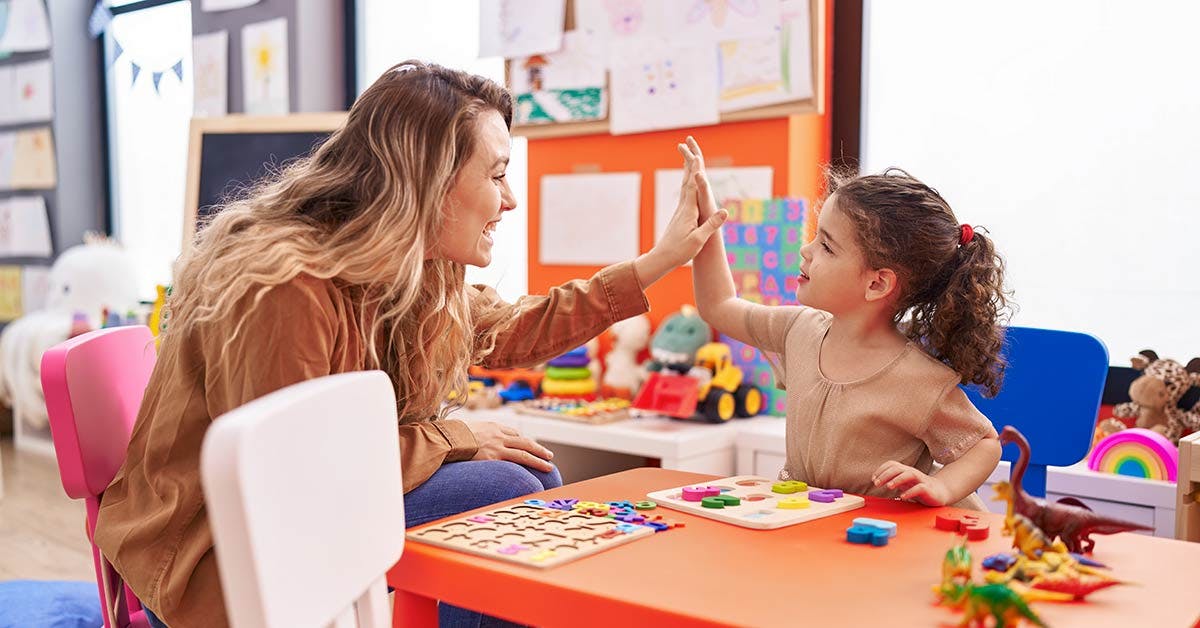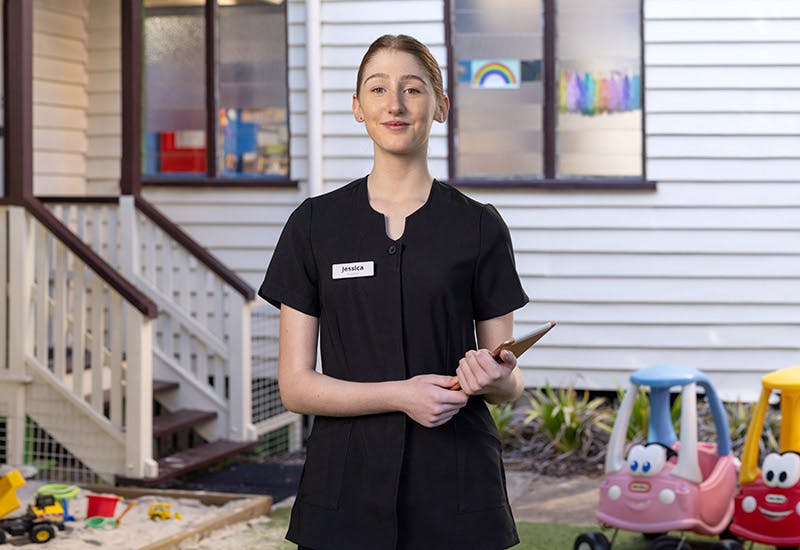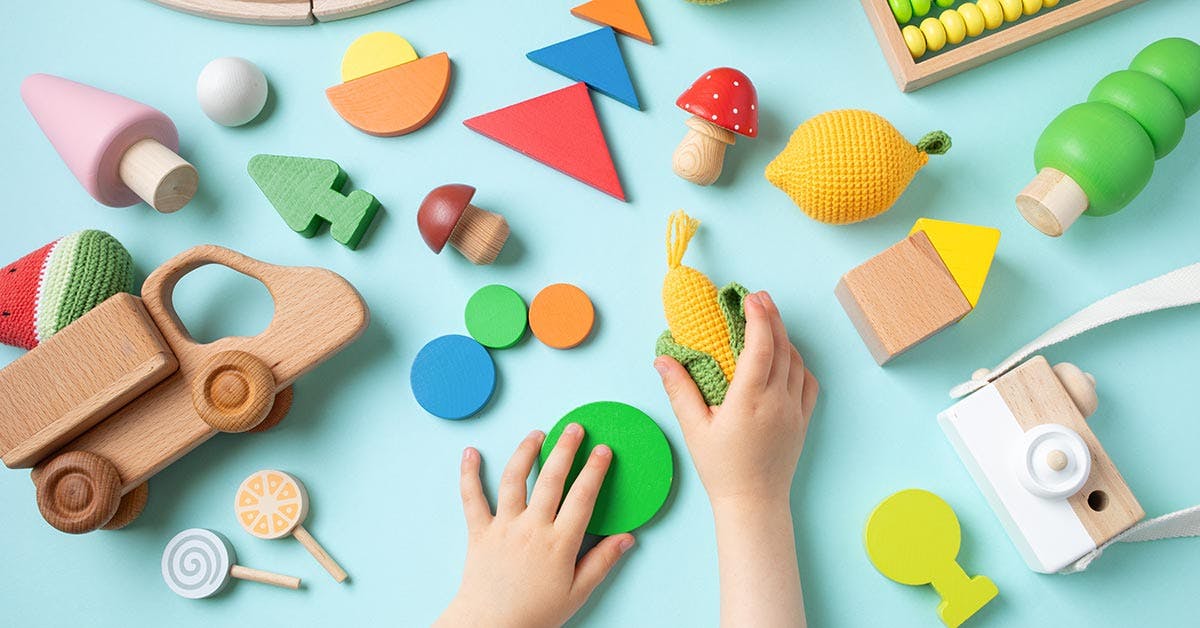28 Apr 2025
Does Early Childhood Education Make a Difference?
The first five years of a child's life are extremely important for brain development. During this time, children build the foundation for all future learning.
Early Childhood Education gives kids important skills and sets them up for success in school and beyond. Let's look at how early learning helps children thrive.
What is Early Childhood Education?
Early Childhood Education is the structured teaching and care of children from birth to age five. In Australia, Early Childhood Education follows the Early Years Learning Framework (EYLF), which focuses on three things:
Belonging: Helping children feel connected to their community
Being: Allowing children to fully experience childhood
Becoming: Supporting children as they develop their identities
Early Childhood Education programs use play-based curriculums that respond to children's interests. These might look like simple fun to the untrained eye, but educators are actually facilitating important developmental progress through these engaging activities.
The benefits of Early Childhood Education
Early Childhood Education has significant benefits across multiple areas:
Cognitive development
Early Childhood Education has a huge impact on children's thinking:
Early literacy skills: Children in Early Childhood Education programs learn to recognise letters, understand that print carries meaning and develop a love of stories.
Numeracy foundations: Through play-based activities like block building and sorting games, children get acquainted with counting and maths early.
Problem-solving abilities: Early learning environments give kids the freedom to test ideas and find solutions. Something as simple as building a block tower can build critical thinking skills.
Social and emotional development
Equally important are the social-emotional benefits of Early Childhood Education:
Building confidence: Children develop a sense of competence as they learn new skills.
Learning cooperation: Group settings provide the opportunity to practise sharing and taking turns.
Developing empathy: Getting to know other kids exposes them to different perspectives and ways of living.
Emotional regulation: Programs help children identify what they’re feeling and learn to manage it.
School readiness
Early Childhood Education also eases the transition to big school:
Classroom skills: Kids learn how to follow directions, raise their hand for attention, take turns speaking and other school behaviours.
Attention: Positive learning experiences early on sets kids up to be curious and engaged in school.
Independence: Children learn self-help skills like how to keep an eye on their things and make do without parents around.
Familiarity with routines: Having a routine in early education environments makes it easier for them to handle a whole school day.
Stronger school performance
The benefits of Early Childhood Education extend well beyond the early years:
Better marks: Research shows that children who receive quality early education perform better in primary and high school.
Attendance: When a child has a positive early learning experience, they’re more likely to take school seriously and have good attendance in primary and high school.
Proactive support: Early intervention programs can bring to light developmental concerns early on and get kids the help they need to thrive.

The impact of the right educators and setting
Not all Early Childhood Education experiences are the same. The quality of the program makes a big difference in how children develop. Here's what matters most:
Qualified educators
Qualified Early Childhood Educators, like Childcare Assistants, learn about how children develop and apply it to their work. You'll know how to spot learning moments in everyday play and how to ask questions that make kids think deeper. You’ll also understand that your most important job is building trust with the kids so they feel safe to try new things.
When you study with Foundation Education, you'll learn all this and more. Our CHC30121 Certificate III in Early Childhood Education and Care teaches you everything you need to know within an online learning framework. You'll also get work experience through 160 hours of placement.
If you want to move into leadership, our CHC50121 Diploma of Early Childhood Education and Care is what you need to get prepared. You'll learn how to mentor other educators, plan programs and run a successful centre.
Rich learning environments
When you work in Early Childhood Education, you'll create spaces that spark children's curiosity. You'll set up different areas for quiet reading, quiet play, active games and messy art. You'll learn to change your room setup based on how children use it.
You'll also find that different children need different types of care settings. Some kids do well in bigger centres with lots of friends, while others need smaller groups with more one-on-one time.
Start making a difference
Early Childhood Educators help kids develop skills they'll use their whole lives. You'll help children learn to think, solve problems, make friends and prepare for school, setting them up for success now and in the future.
Ready to start a career in childcare? Check out our Early Childhood Education and Care courses or call 1300 616 197 to speak with one of our friendly Career Advisors today.
Related Articles

National Child Protection Week: student action guide for future ECEC educators
National Child Protection Week: a student guide to child-safe practice in ECEC with seven practical actions and links to Cert III and Diploma pathways.

Top Early Childhood Education Skills in Demand
Build the early childhood education skills Australian centres need and start a rewarding career in a sector tipped for strong growth through to 2030.
Proud member of

© Foundation Education | RTO Number 22557
